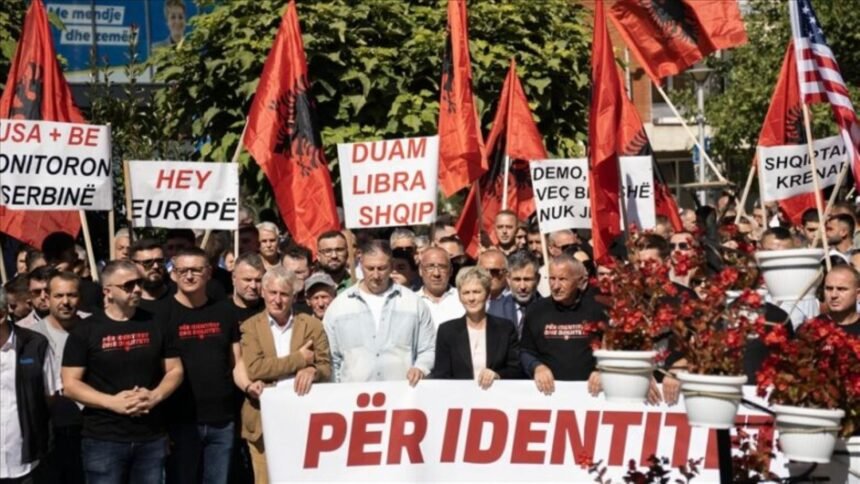The European Parliament has passed a resolution expressing serious concerns over the discrimination of national minorities in Serbia, with a specific focus on the deactivation of the permanent residence addresses of thousands of ethnic Albanians in the Preševo Valley.
The resolution denounces this practice as a restrictive and arbitrary application of Serbia’s laws, effectively marginalizing the Albanian community and denying them access to basic public services.
Although Serbia continues to avoid halting this discriminatory practice internally, the international community—particularly the European Parliament—has now formally included the issue in its list of priority human rights concerns.
Key Provisions from the Resolution
In its resolution covering Serbia’s 2023 and 2024 progress reports, the European Parliament highlights systemic issues regarding:
- Freedom of expression and access to information
- Minority rights and cultural identity
- Education in native languages
- Lack of schoolbooks and qualified teachers
- Investigation of hate crimes
Point 46 of the report underscores that Serbia only formally protects minority rights, and falls short in actual implementation.
Addressing Ethnic Discrimination
“The resolution calls on Serbia to ensure the right to use native names and languages for minority groups, including women in the Bulgarian community; expresses concern over the lack of textbooks in Bulgarian; and urges equal reciprocal rights for the Croatian minority in Serbia,” said Ragmi Mustafi, former head of the Albanian National Council.
The resolution explicitly condemns the selective enforcement of the Law on Permanent and Temporary Residence, which has led to the mass deactivation of ethnic Albanian addresses in the south of Serbia—mainly in Preševo, Bujanovac, and Medveđa.
“This selective administrative act strips Albanians of essential services and civil rights in Serbia, under the pretext that they have not resided in their homes for a certain period,” Mustafi added.
A Barrier to EU Accession
The European Parliament reaffirmed that respect for minority rights remains a core requirement for Serbia’s progress towards EU membership.
“Beyond mere reporting, we expect this issue to move forward into EU committees, leading to concrete actions. The EU must take the necessary steps to uphold human rights and minority protections in Serbia,” Mustafi stated.
The Helsinki Committee for Human Rights in Serbia has also labeled the deactivation of addresses as “ethnic cleansing through administrative means.”







